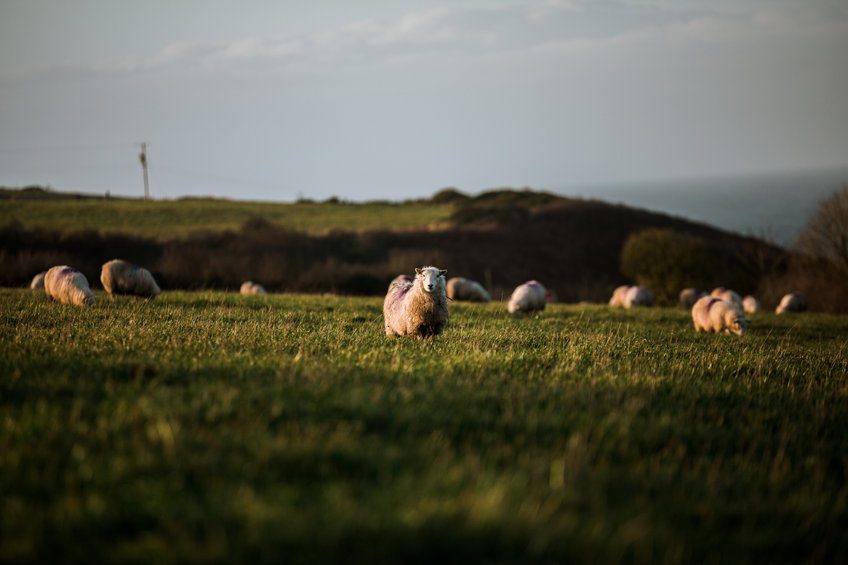
The responsibility of rural decarbonisation lies in the hands of farmers, a new report says, but they need more support from government to achieve targets.
The Royal Agricultural Society of England's (RASE) new report 'Farm of the Future: Journey to Net Zero' was launched at the Low Carbon Agriculture show on 8 March.
The report was commissioned by RASE to pull together the latest science and its on-farm application, show what farmers can realistically achieve, and to identify practical steps they can take to decarbonise the industry.
The report says that farmers and land managers have a key role to play in developing a more circular, resource-efficient rural economy.
Lord Deben, chairman of the UK’s Climate Change Committee, said within the report that achieving net zero is "largely in the hands of farmers,” adding that they need help and direction if they are to shoulder this task.
“By 2050, fossil fuels will have no place on our farms, and to that end every year, serious reductions must be made,” Lord Deben said.
Many farmers need help, advice, and support if they are to embrace transformational change, adopt new ideas and technologies, the report says, while making fundamental adjustments to the way that they farm.
The report is practical in its guidance, highlighting the emissions reduction options available, including improved resource management, renewable energy generation, use of low emission farm vehicles, replacement of fossil fuels and adoption of digital tech.
Like much of the climate-related guidance for farmers from other organisations, RASE’s report has a strong emphasis on improving soil health through investment in natural capital.
RASE says that farmers large and small, extensive and intensive, on Grade 1 land or on hill farms, will have to transform their operations, but they still need government, research, industry and supply chain support.
Phillip Gready, chairman of RASE, says British farmers can play a pivotal role in developing sustainable land use which meets the objectives of feeding the population, whilst sequestrating more carbon.
“For transformation to happen, farmers need practical guidance on the decarbonisation options based on currently available and emerging technologies, along with independent advice and technology demonstration sites.
"To improve carbon capture, they need access to farm-level emissions accounting and benchmarking tools,” Mr Gready said.
The report cites that the need for changes to husbandry and management practices must be underpinned by workable policies that will initiate practical changes.
And that effective, consistent, cross-sectoral policy development from across government, including Defra, BEIS, DfT and HM Treasury, is vital to help deliver rural decarbonisation.
Mr Gready added: “Farmers can contribute to rural decarbonisation by cutting food chain related emissions, while continuing to supply quality home grown ‘low-carbon’ food produced to the highest standards.
“Policy makers must work more closely together and engage with farmers and land managers to deliver a generational shift in farming practices.
"This includes deployment of new technologies - including those developed in the UK - that meet farmers’ needs.
"It extends to the replacement of fossil fuels - especially subsidised ‘red’ diesel - with low emission alternatives.”
Following the release of the report, RASE says it plans to work with the farming industry more to stimulate the change needed.
